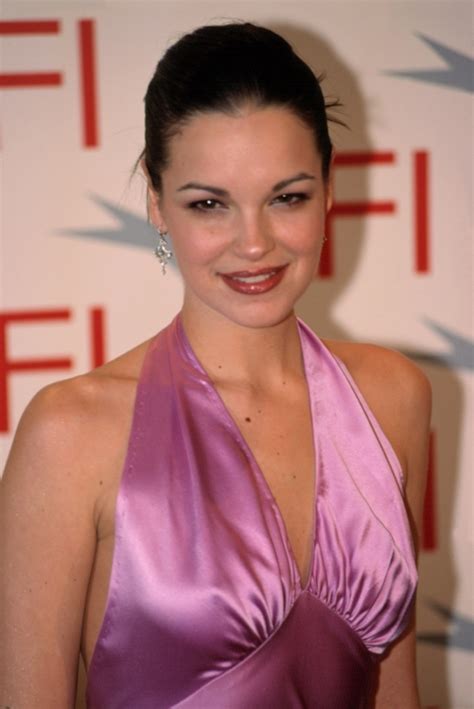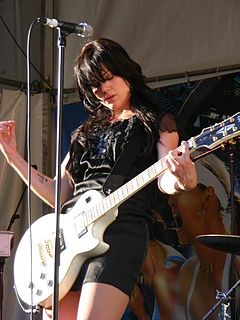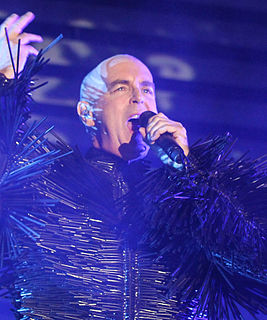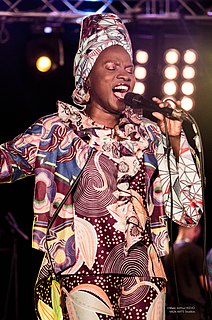A Quote by Laurence Sterne
An interesting difference between new and experienced stage managers is that the new stage manager thinks of running the show as the most difficult and most demanding part of the job, whereas the experienced stage manager thinks of it as the most relaxing part. Perhaps the reason is that experienced stage managers have built up work habits that make then so thoroughly prepared for the production phase that they [can] sit back during performances to watch that preparation pay off.
Quote Topics
Related Quotes
There is no definitive list of the duties of a stage manager that is applicable to all theaters and staging environments. Regardless of specific duties, however, the stage manager is the individual who accepts responsibility for the smooth running of rehearsals and performances, on stage and backstage.
My whole life at a certain point was studio, hotel, stage, hotel, stage, studio, stage, hotel, studio, stage. I was expressing everything from my past, everything that I had experienced prior to that studio stage time, and it was like you have to go back to the well, in order to give someone something to drink. I felt like a cistern, dried up and like there was nothing more. And it was so beautiful.
I dropped out in middle school. I dropped out in, towards the beginning of the ninth grade. And then I started studying -I started taking acting classes at a, well first I was like in a community theater at that time in Torrance, California, so I finished up like my season with that community theater just acting in, you know, acting in a small part on this play or a big part on that play or a stage manager or assistant stage manager in another play.






































